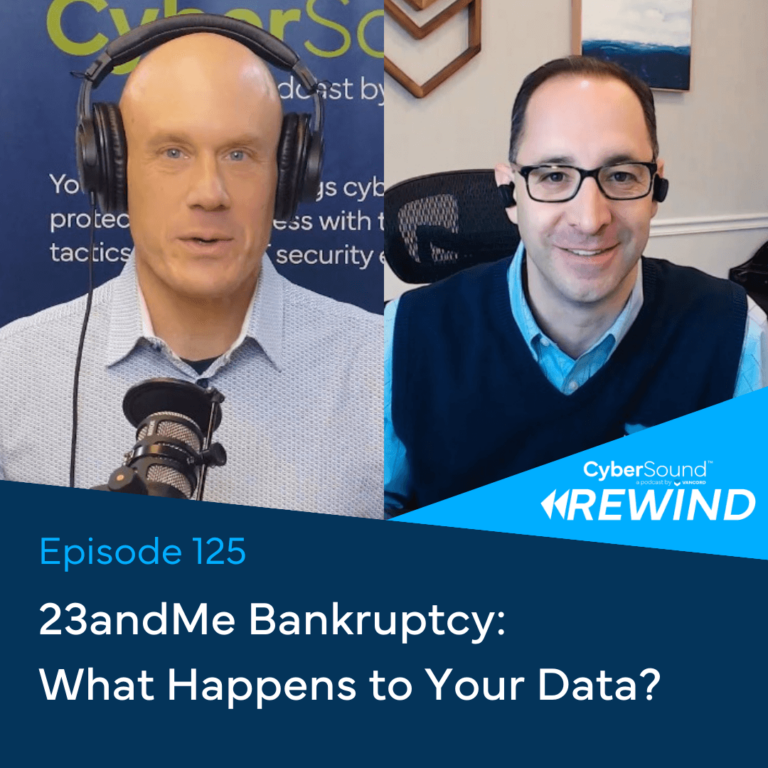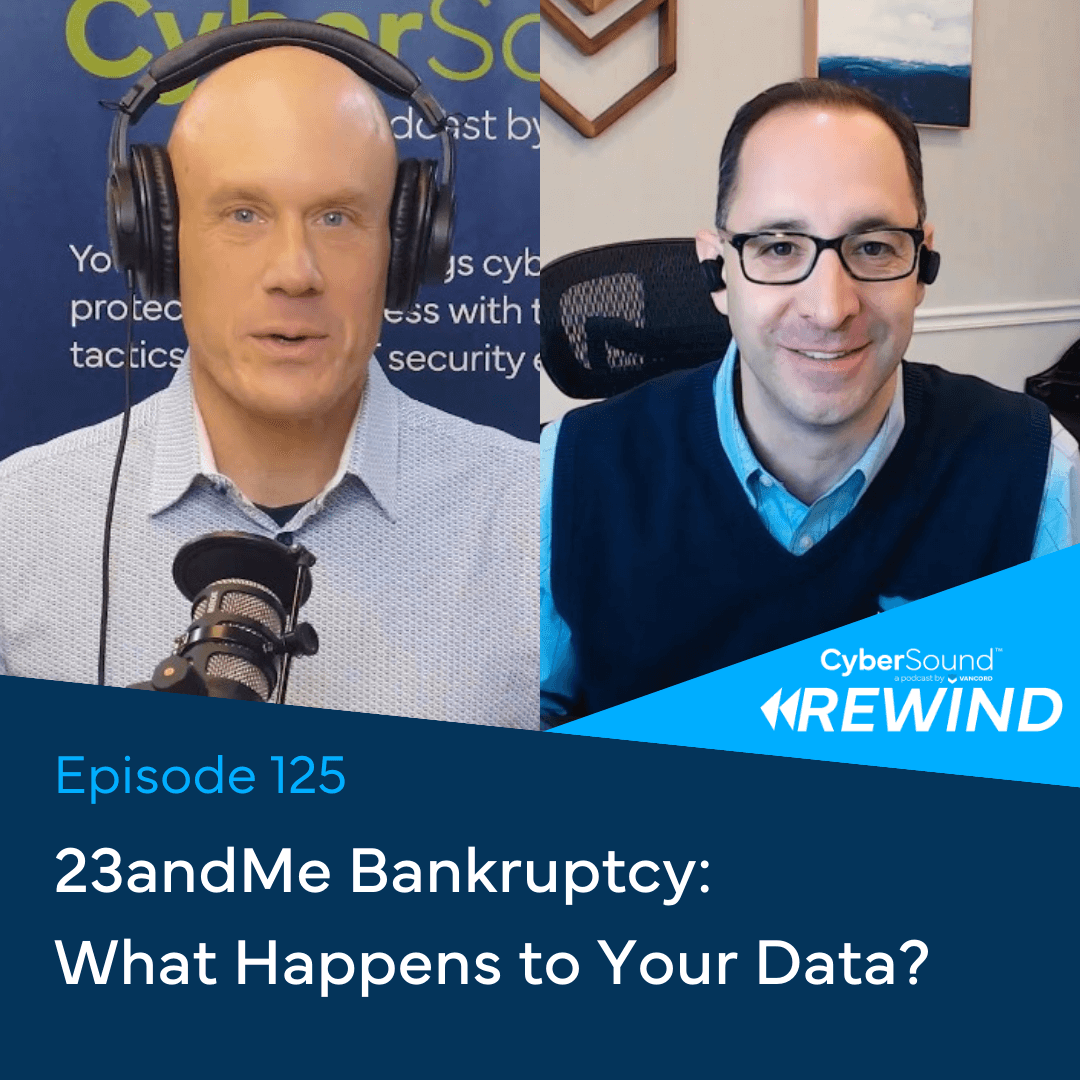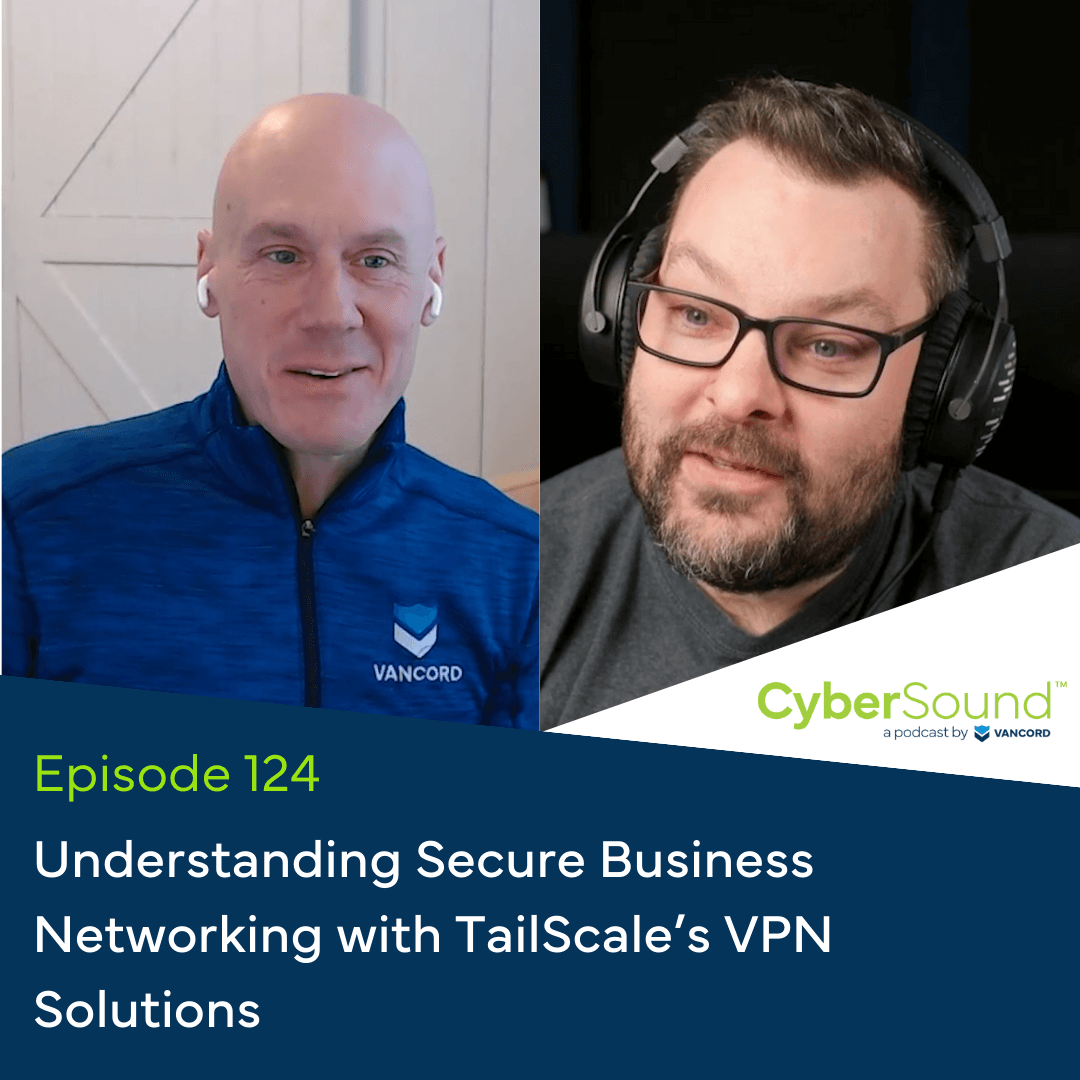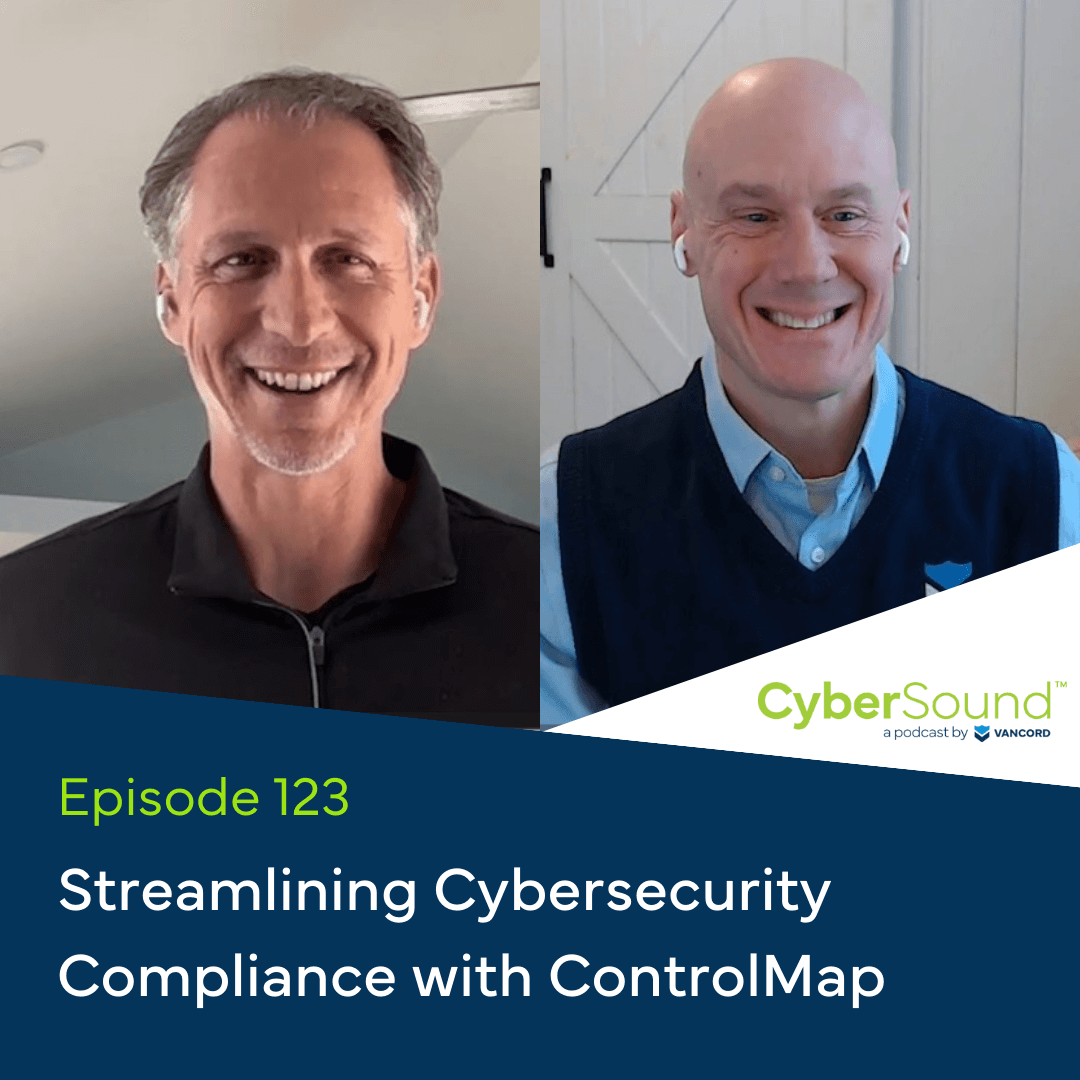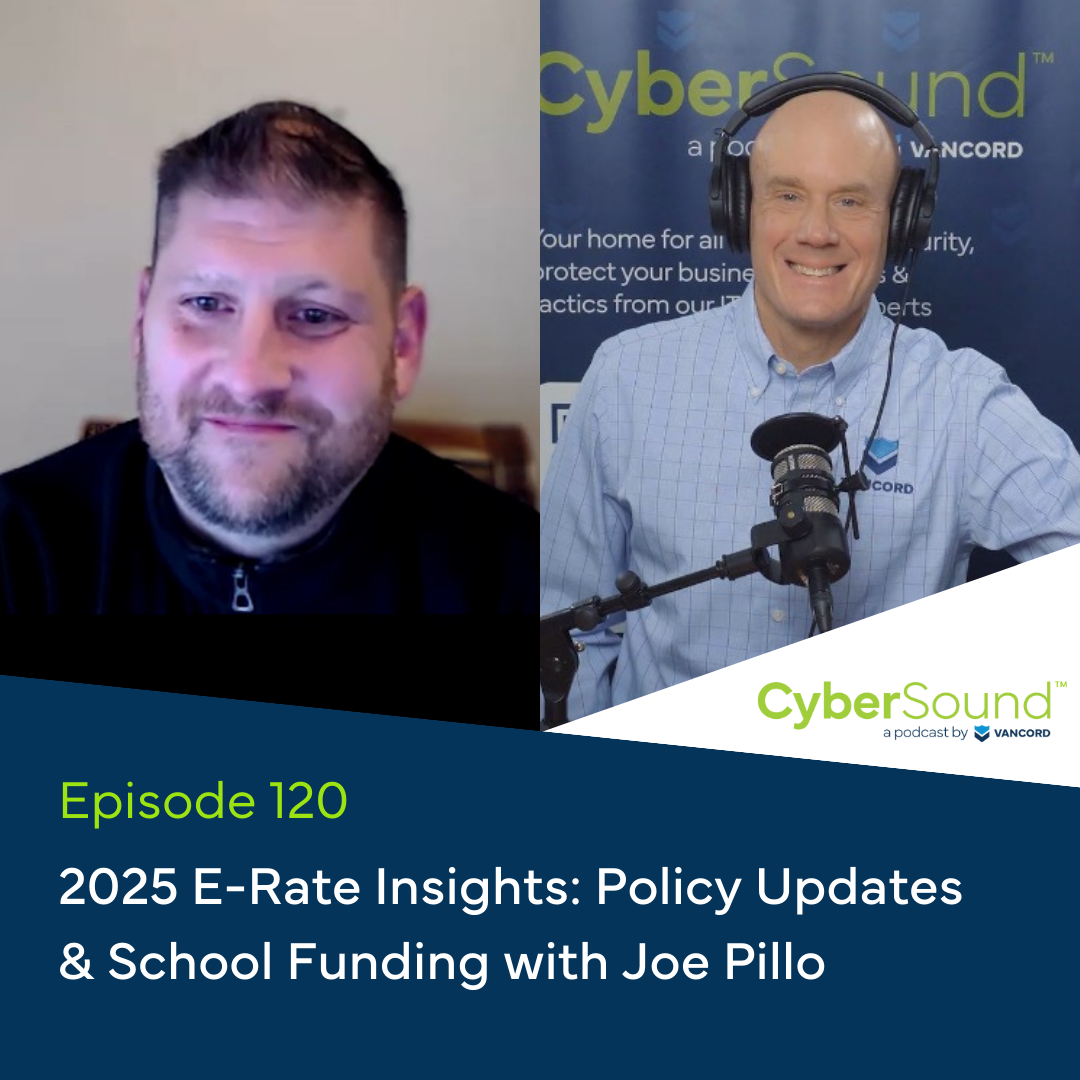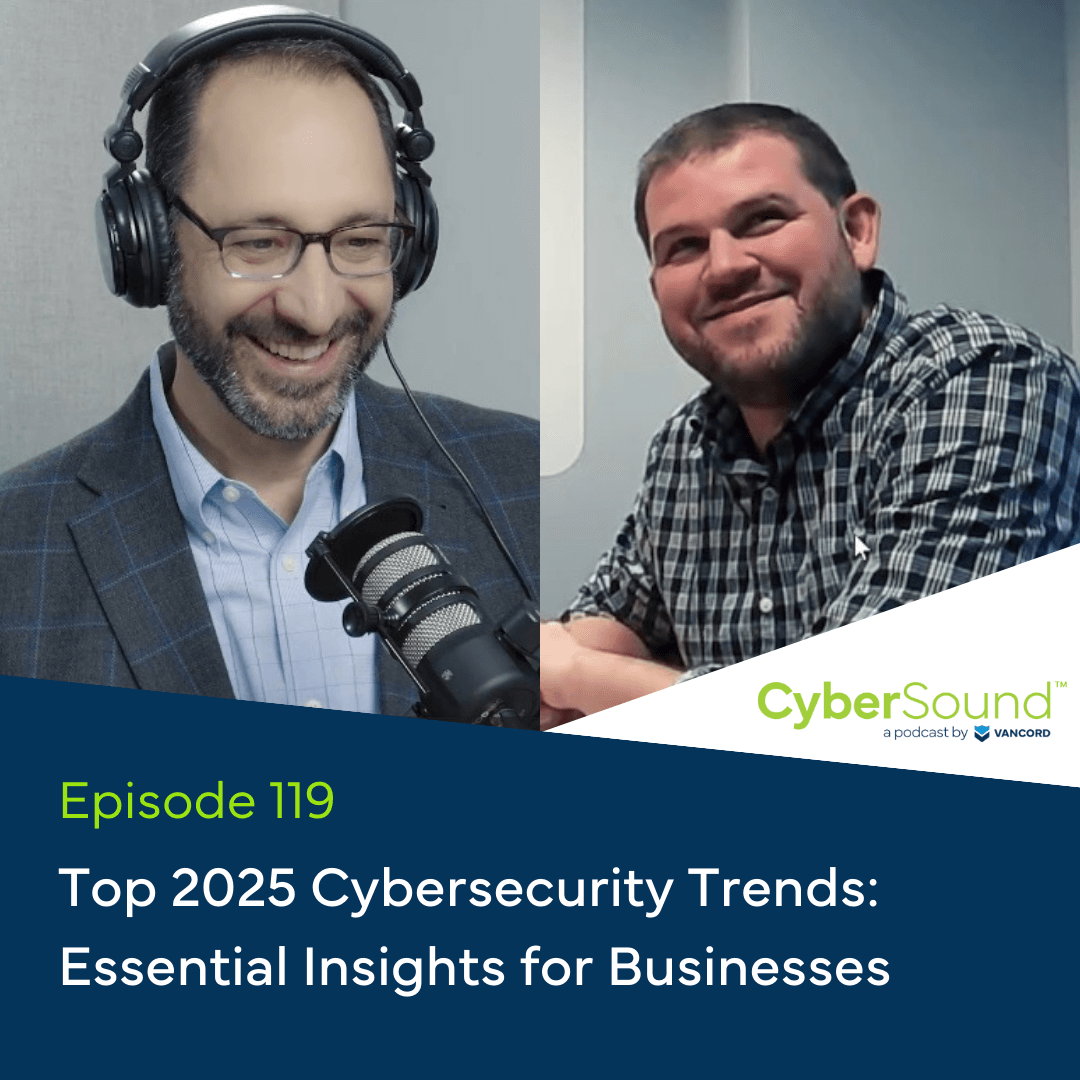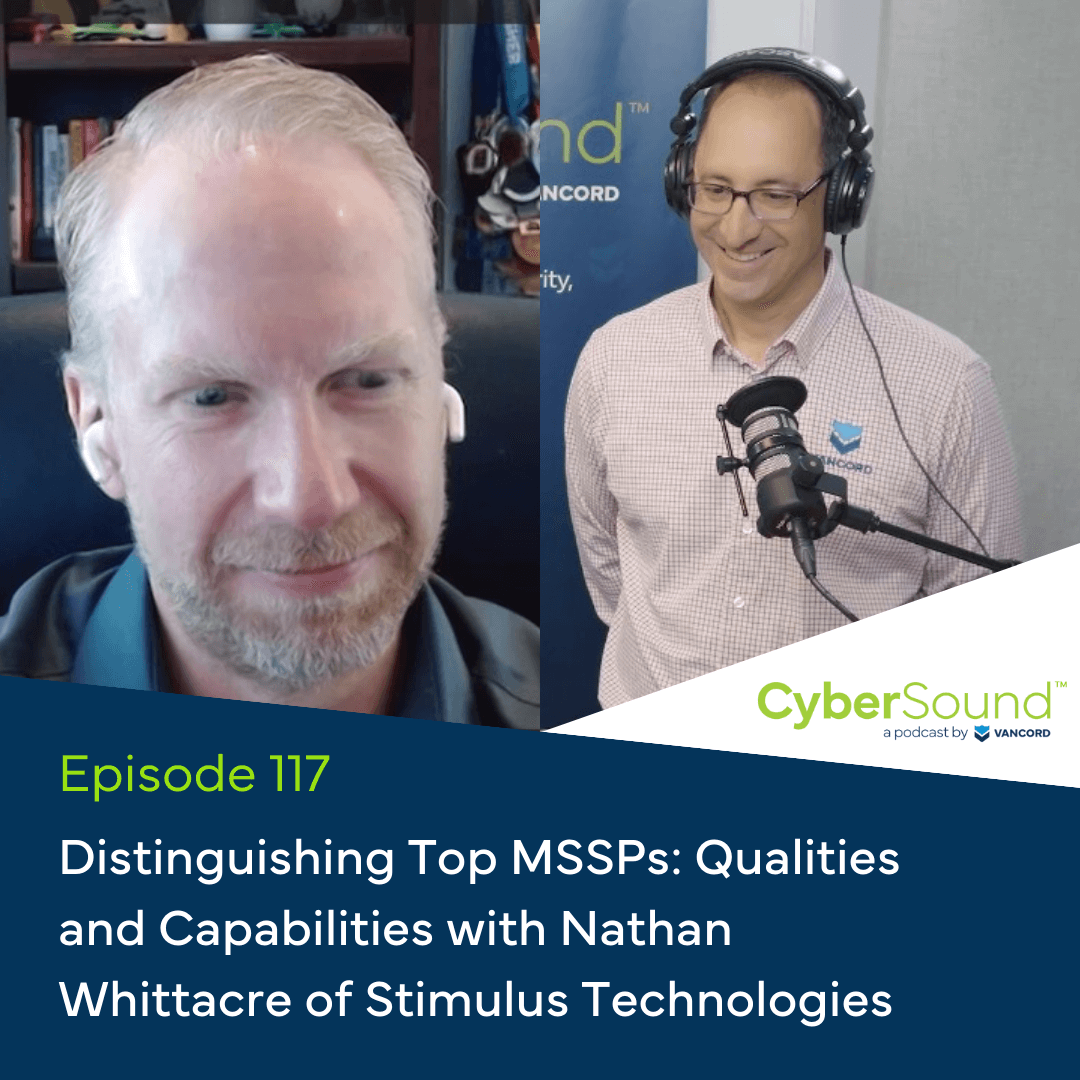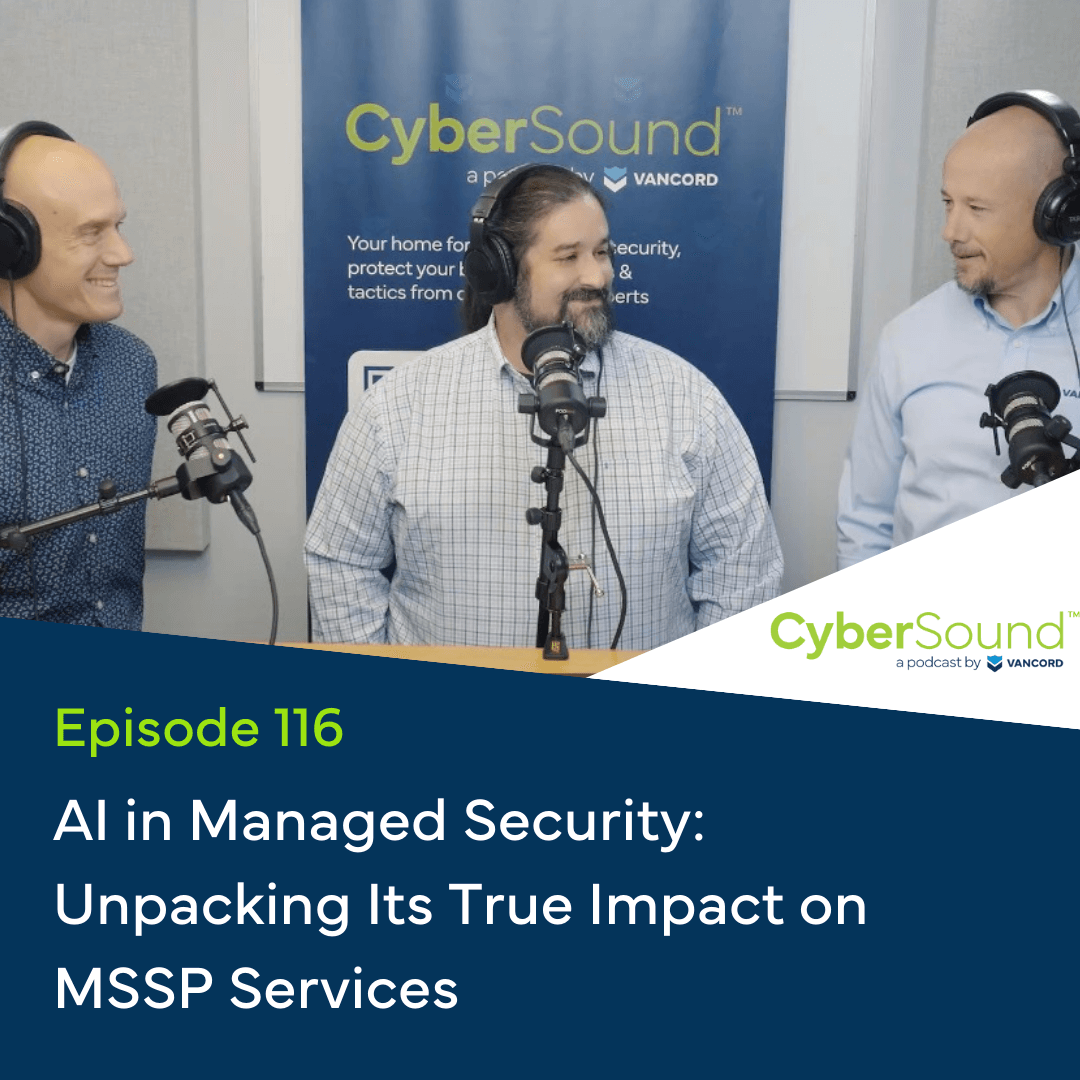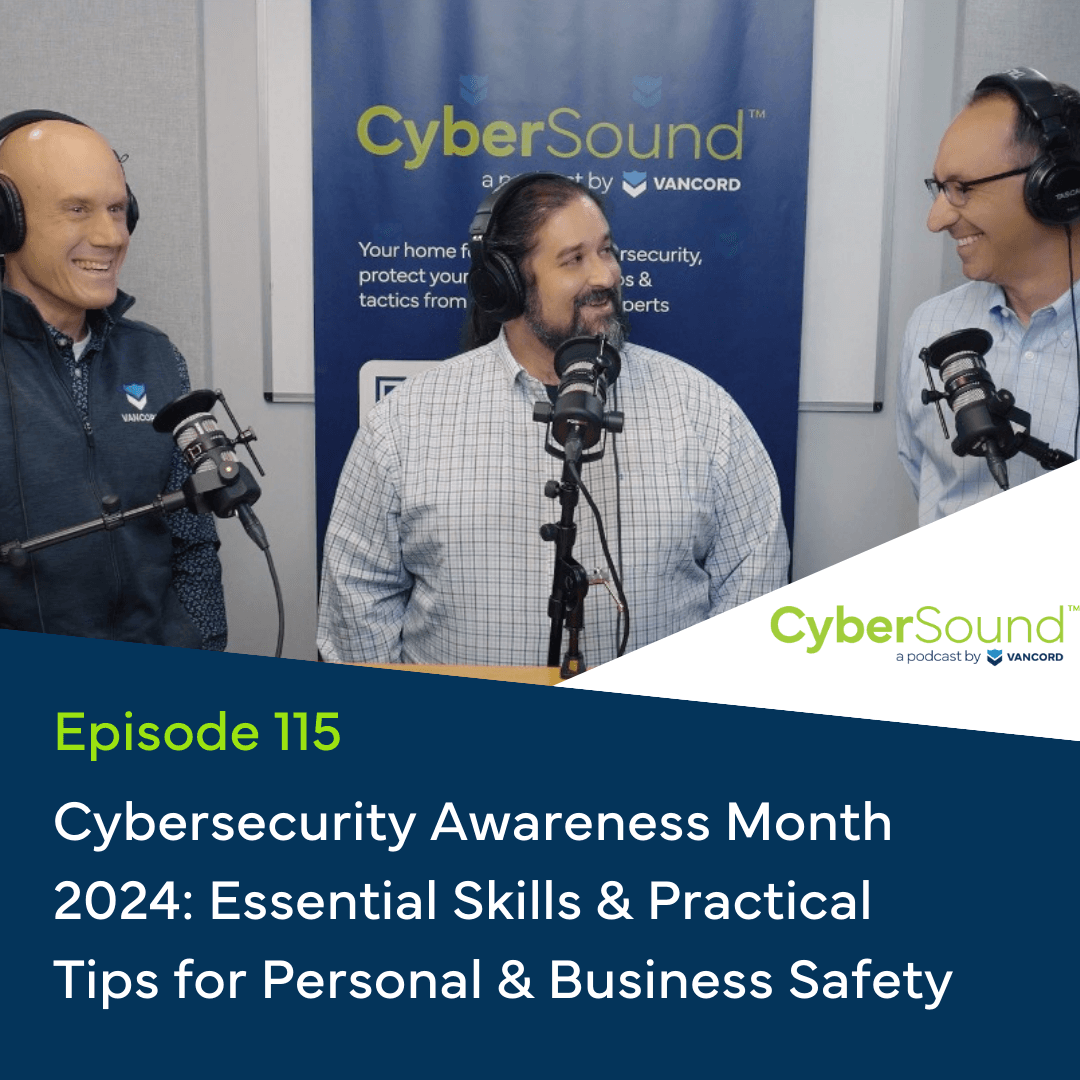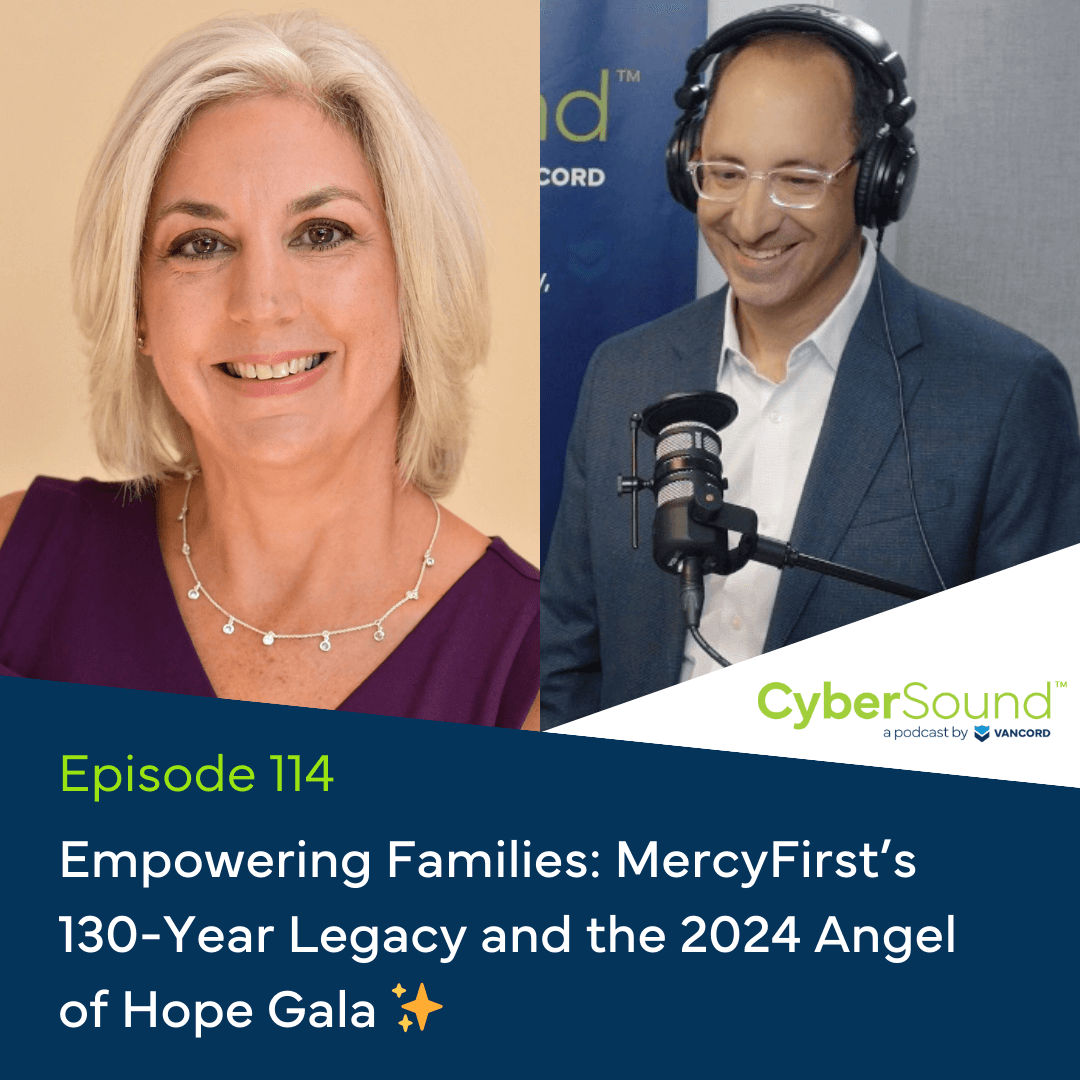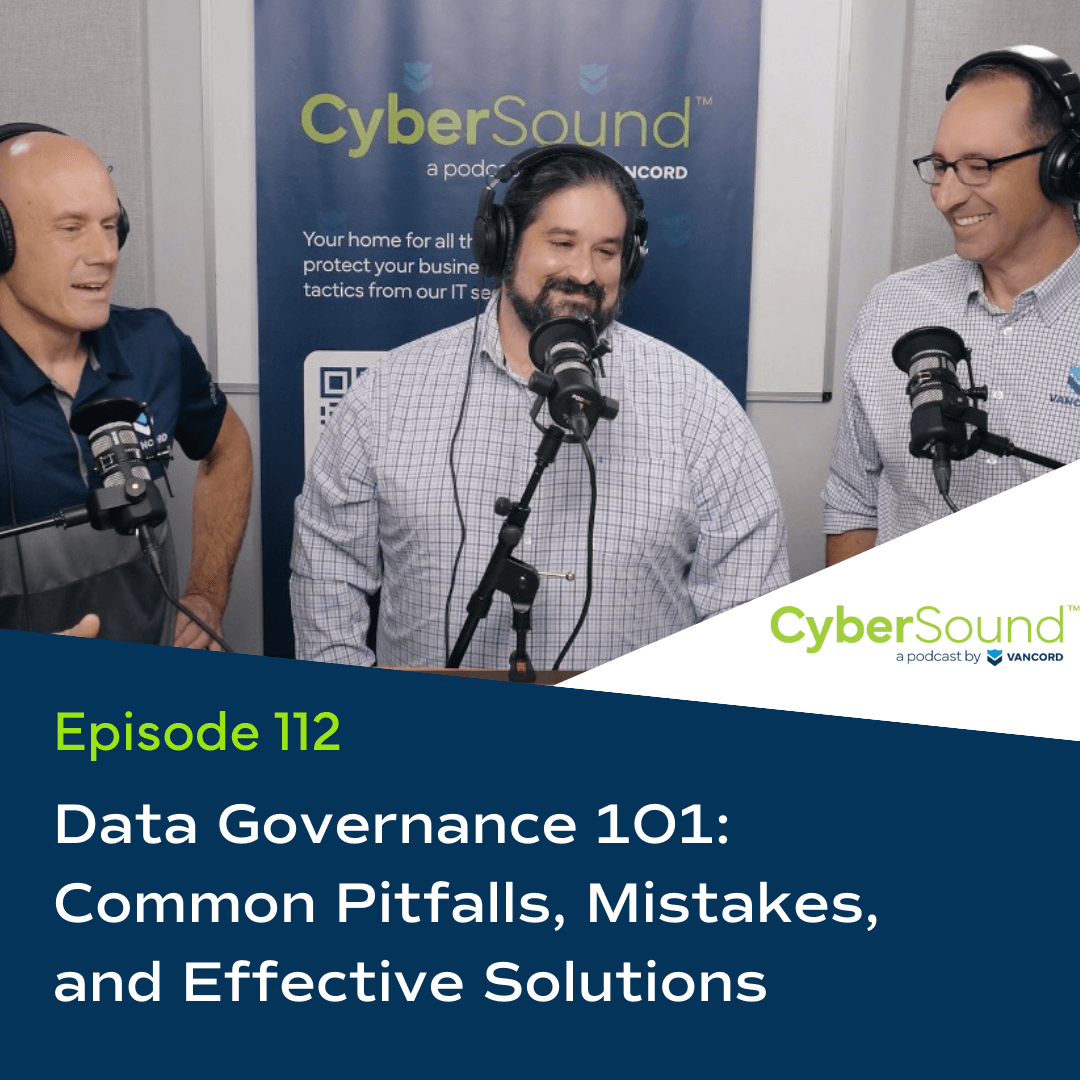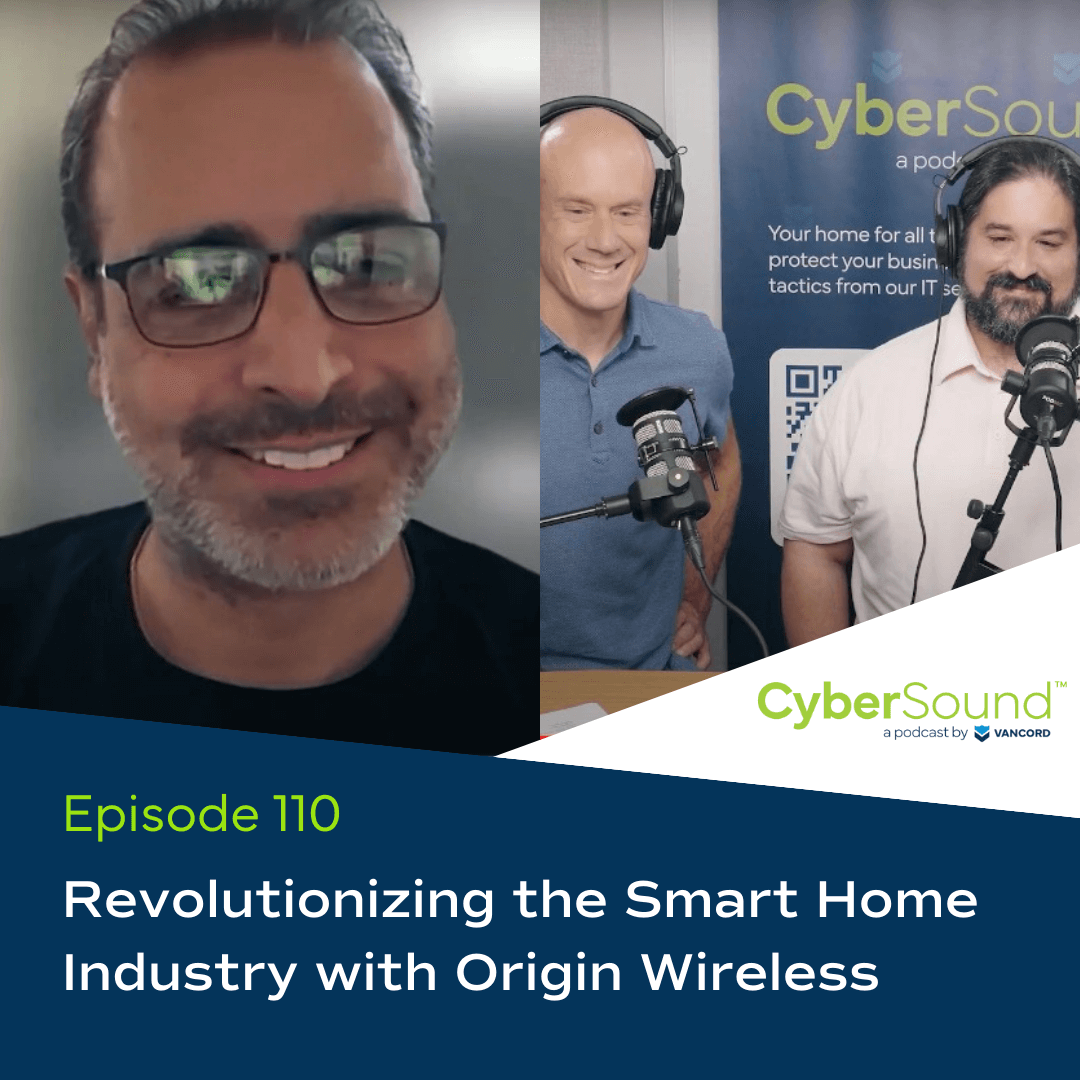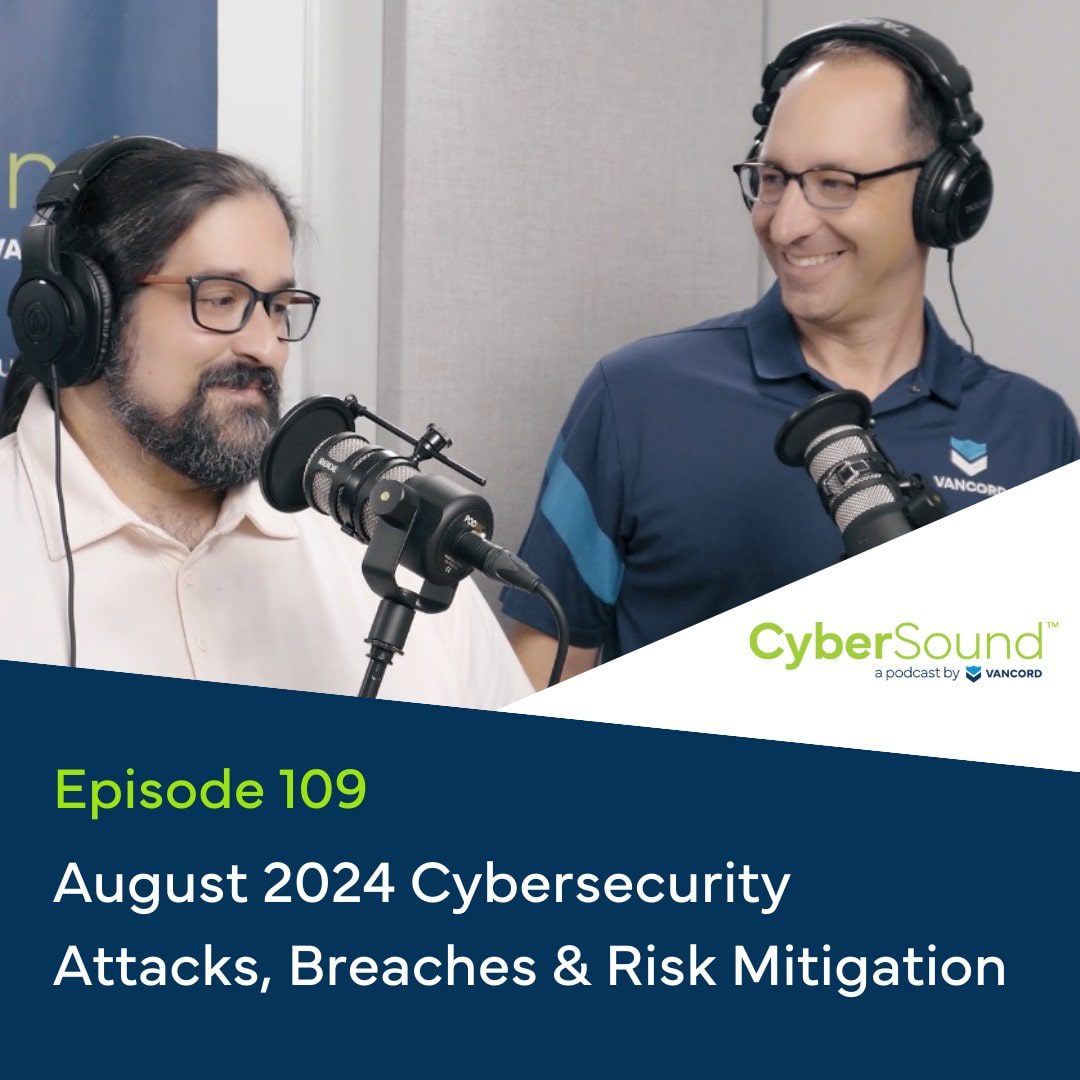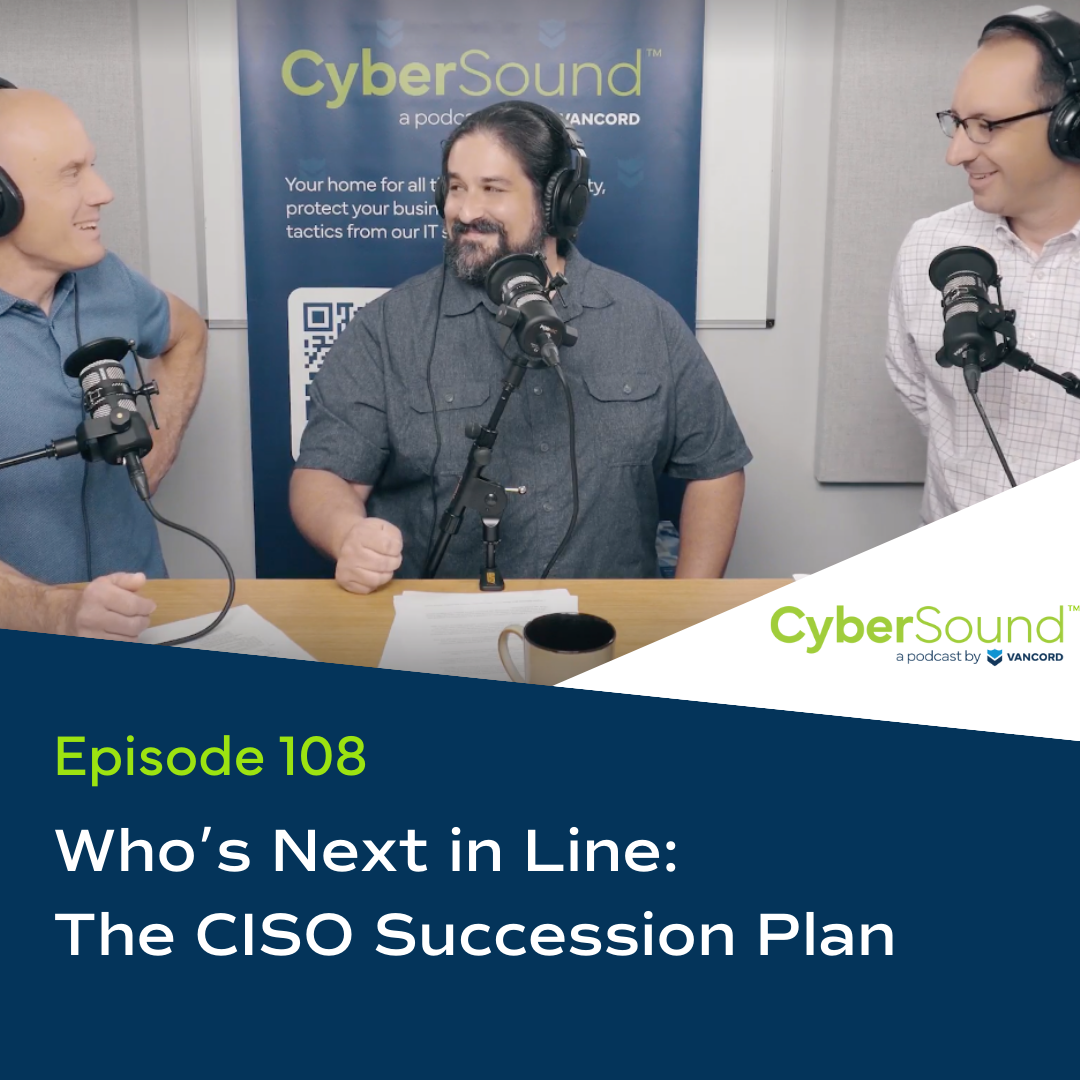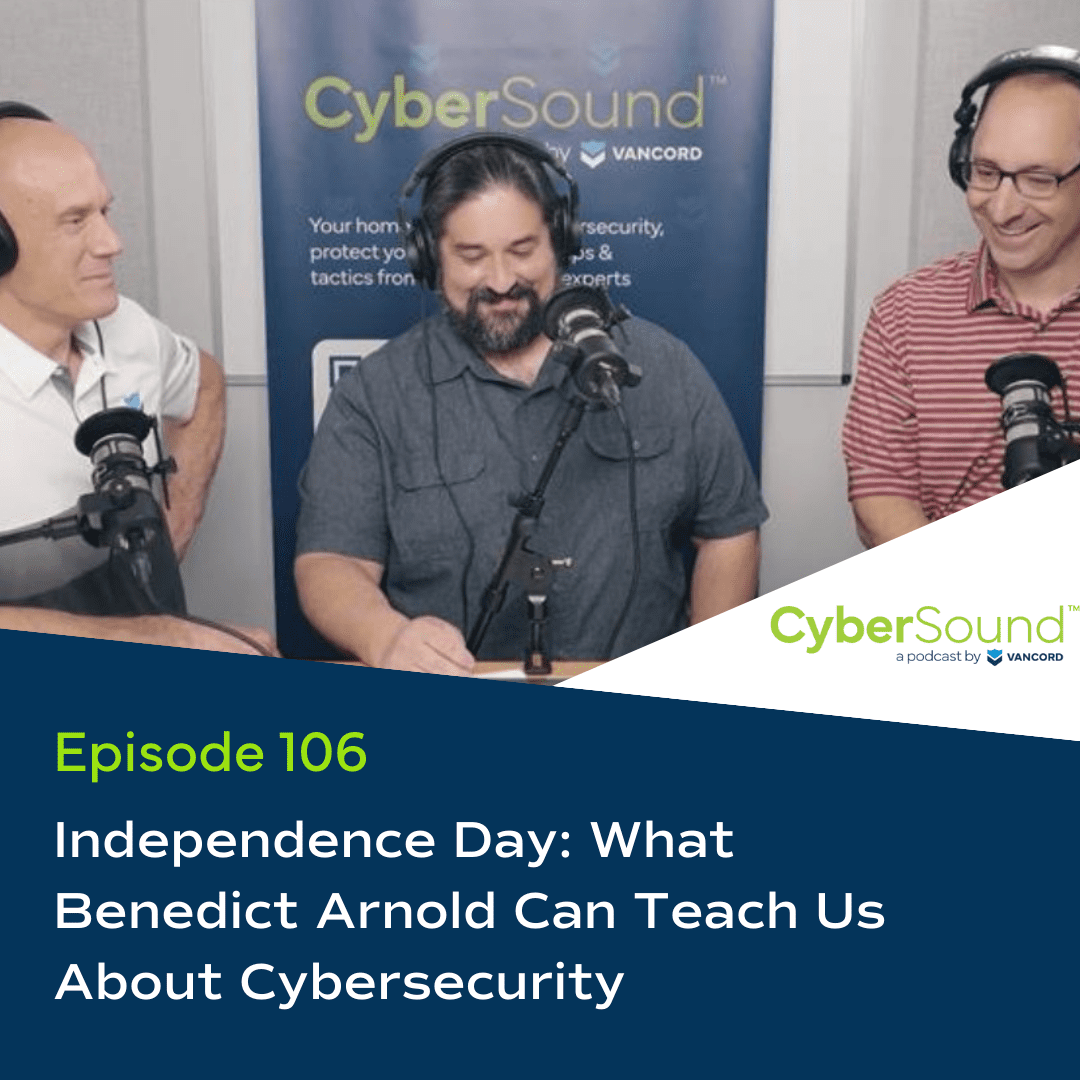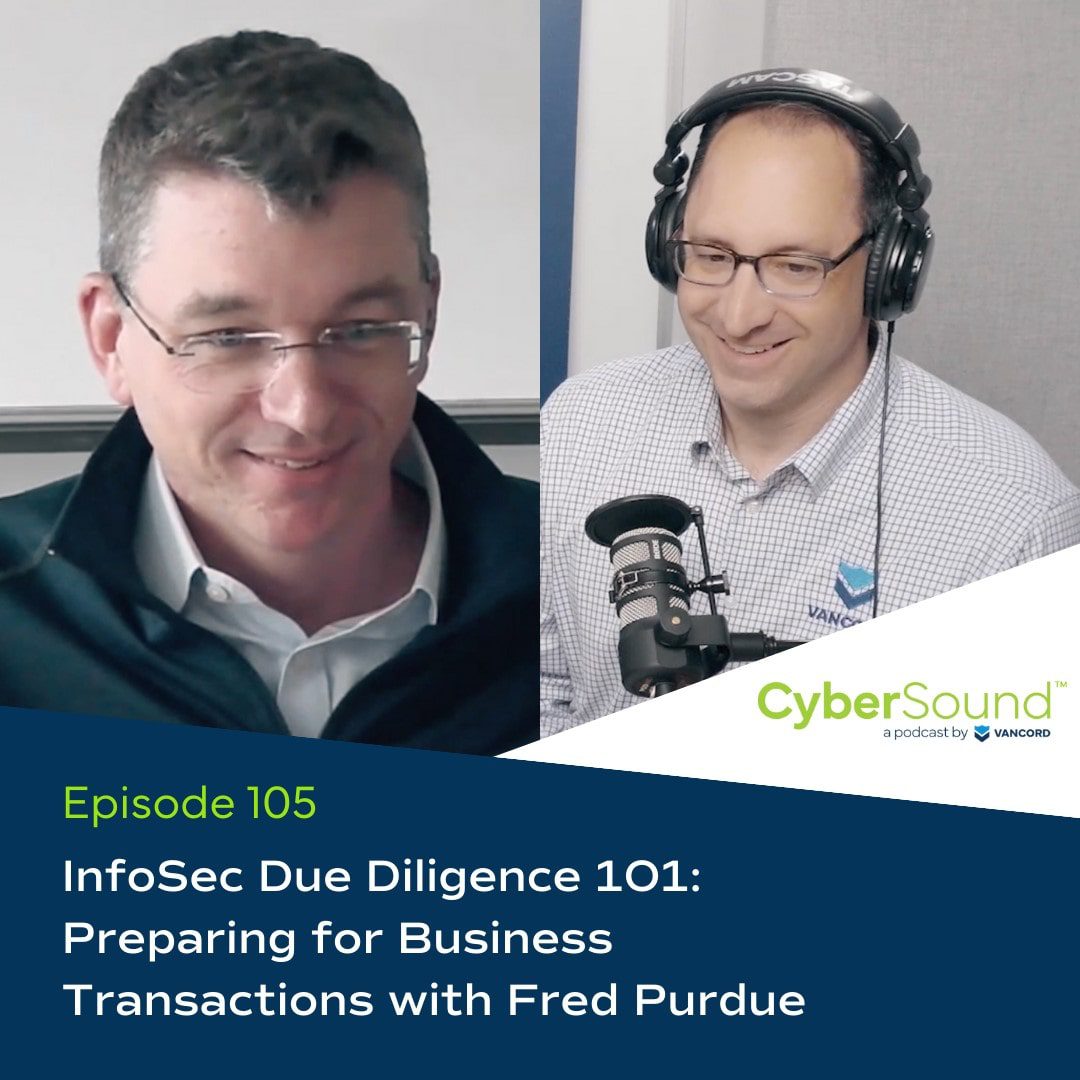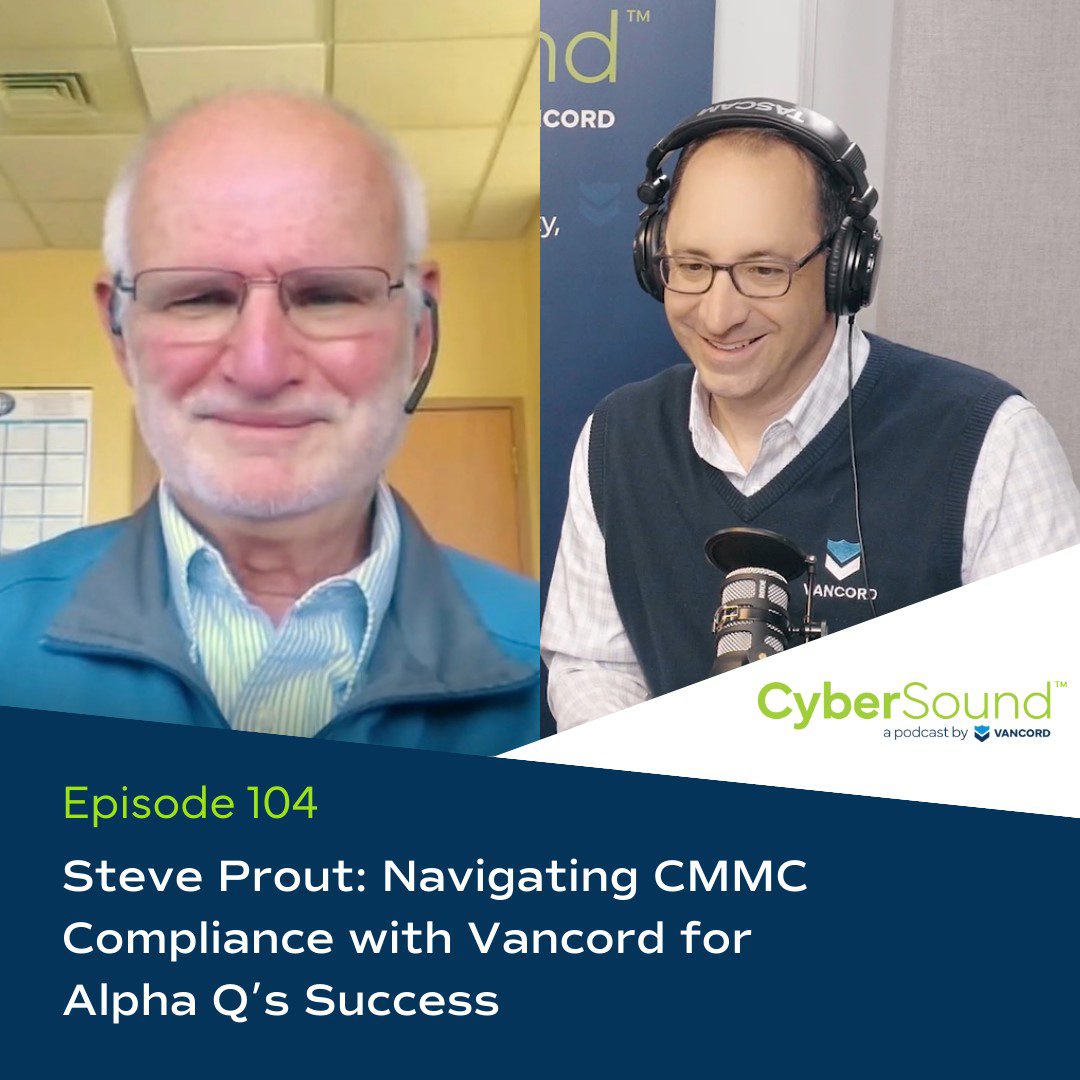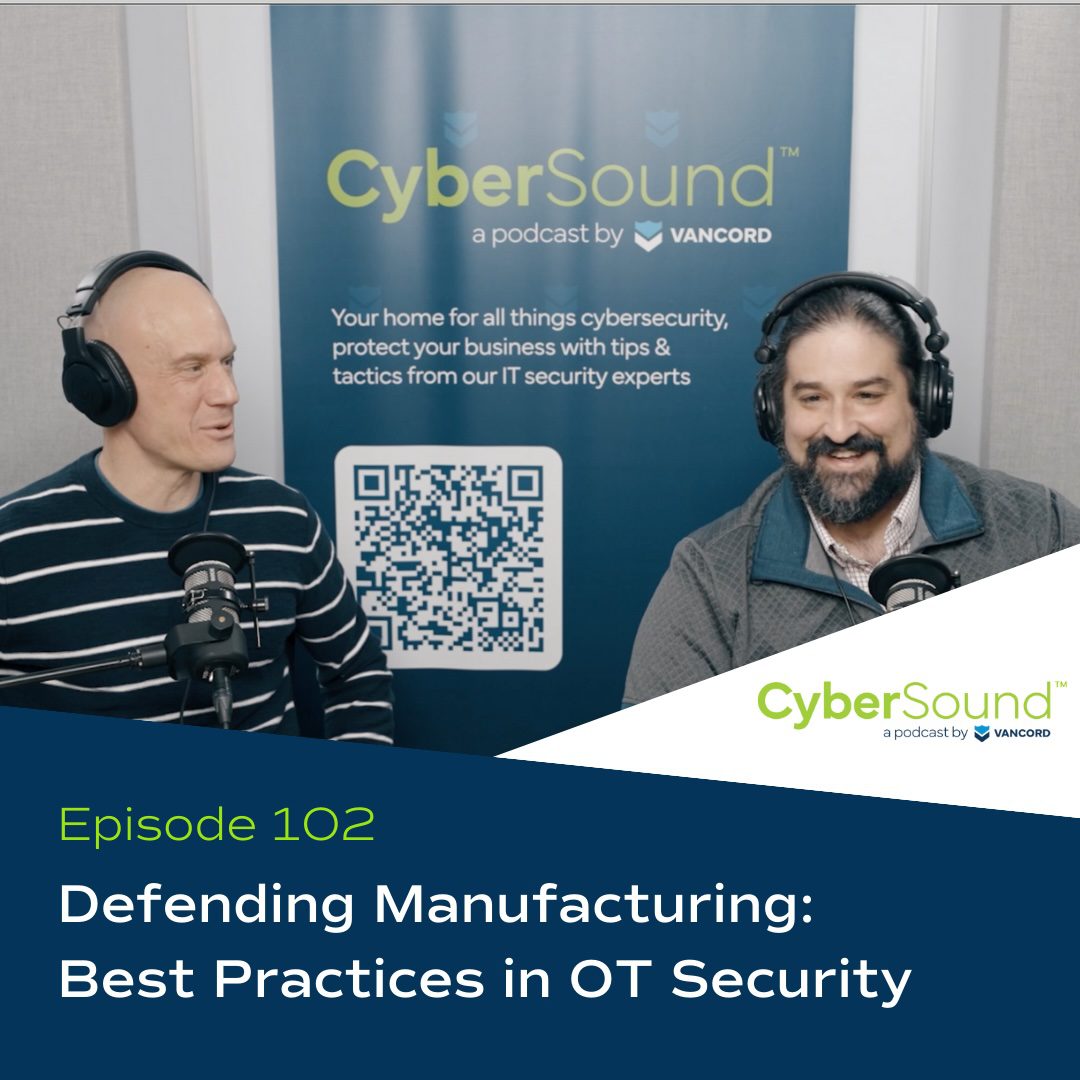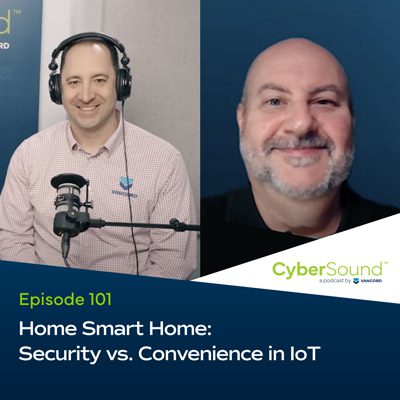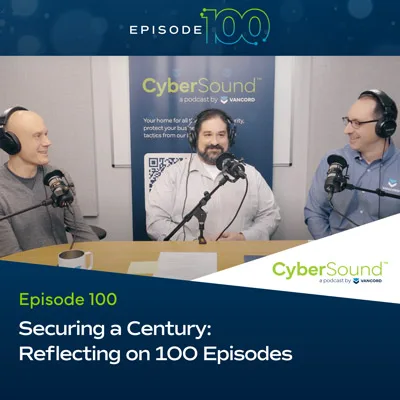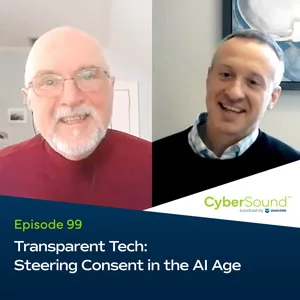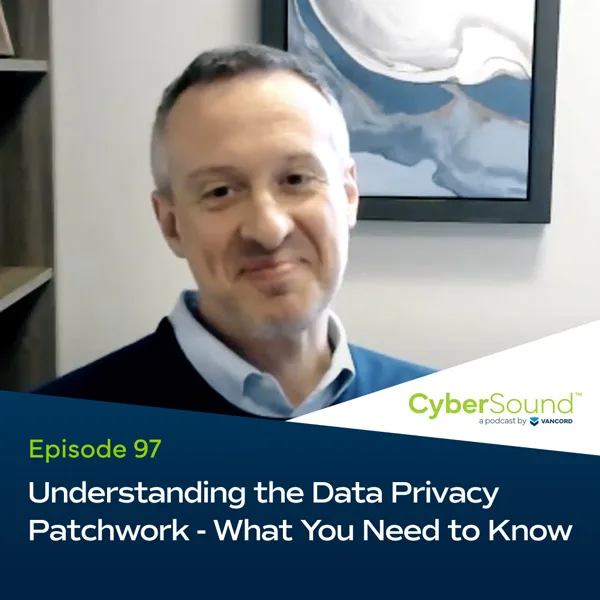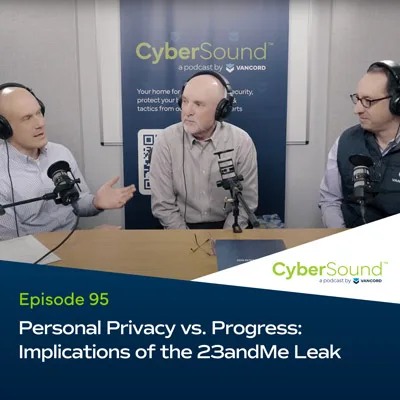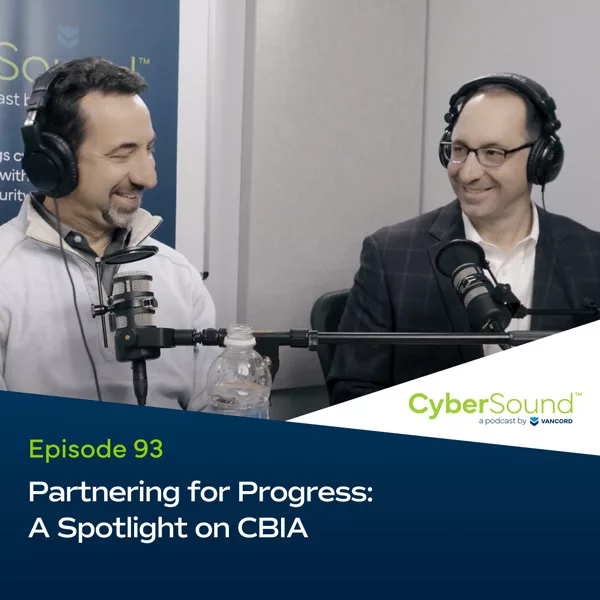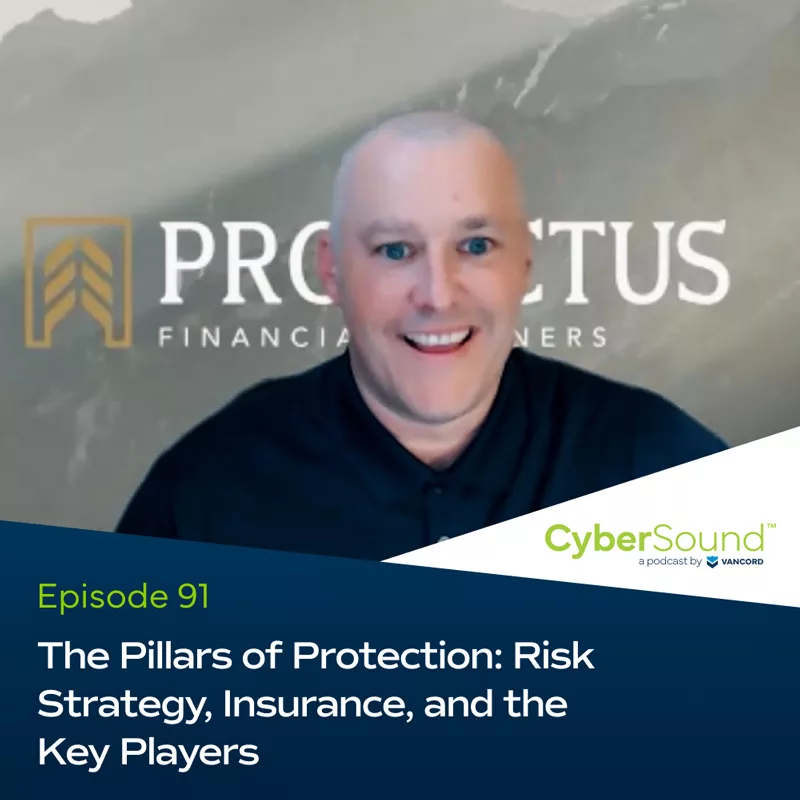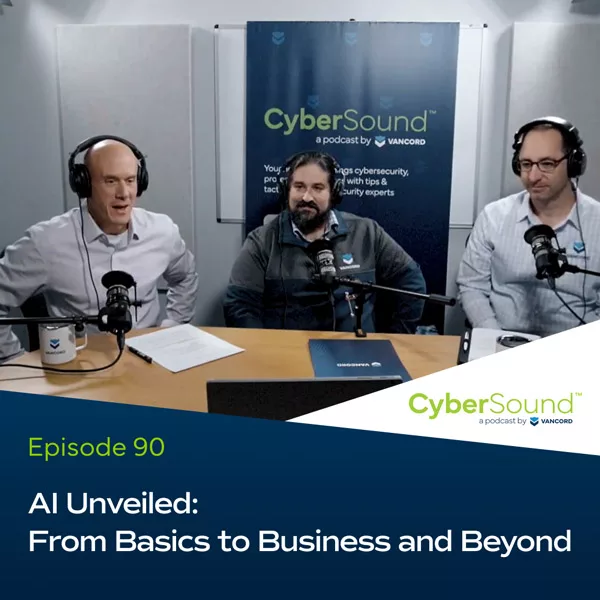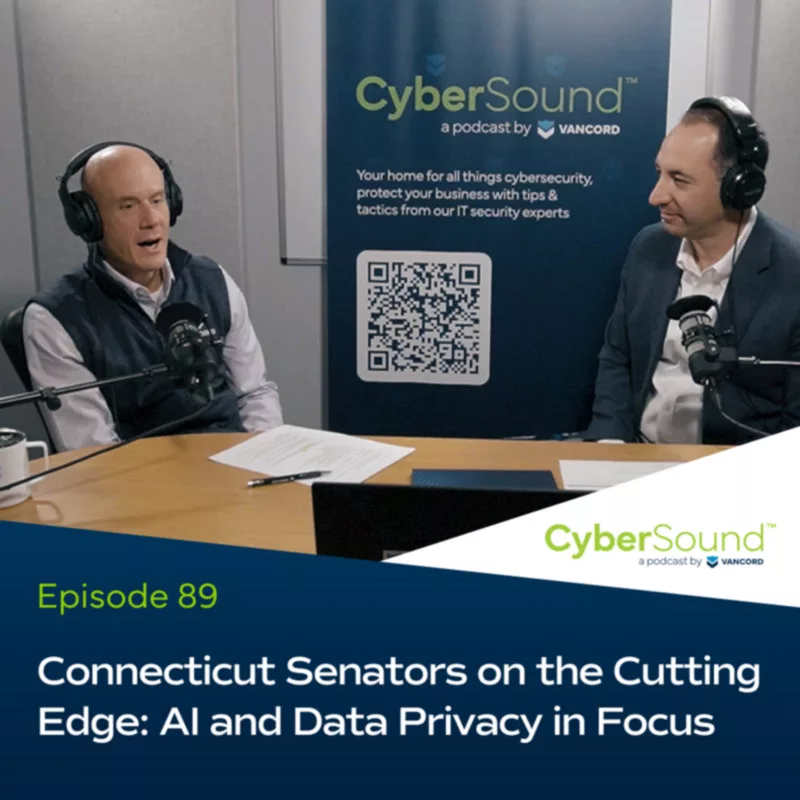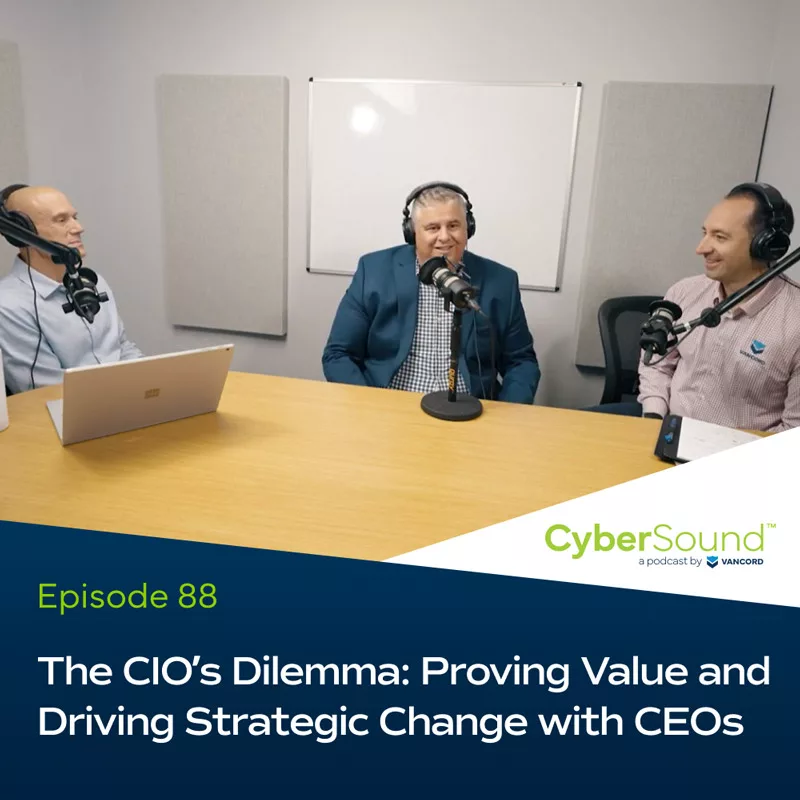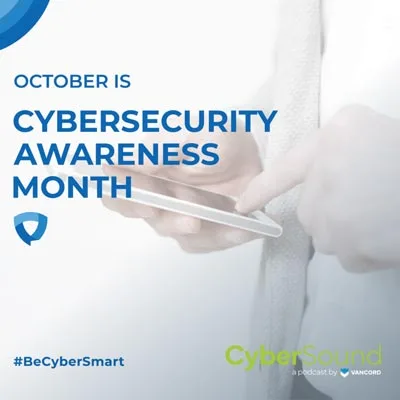Jason Pufahl 01:11
Semi-cyber. But did you grow up cyber? You and I definitely did not.
Lou Ardolino 01:18
I did not, no.
Matt Fusaro 01:19
I think some of us argue that Lou is still growing up.
Jason Pufahl 01:25
Matt, how about you?
Matt Fusaro 01:26
Yeah, sure. So so I’m 34. I’ve got two kids. I’ve got one, that’s five and one, that’ll be three in a few days.
Steve Maresca 01:34
And similar to Matt, I have young kids. I have one that’s four, one that’s two. And as I described to someone before the session was beginning, I’m thinking about this situation, in terms of anticipatory concerns for the future.
Jason Pufahl 01:47
I think concern is a good word, I think you should anticipate problems as you move forward. And I think your challenge is probably like, they’re only gonna get more. It was easy, when, in a lot of ways when my kids were your kid’s age, you know, they, they bought some stuff on their iPad, generally speaking, you could control it was kind of straightforward.
Steve Maresca 02:08
I joked recently that all of the kids in the last decade have been tweeting whether they should or shouldn’t be, you know, turning to become politicians, there will be some very interesting things to dig up.
Jason Pufahl 02:20
Yeah, or more tolerance for your mistakes, your past mistakes, perhaps so. So let’s deal with this sequentially. And then Lou, I’m gonna put you on the spot a little bit. Because you do have your slightly older kids. What are some of the things that you feel like you’re dealing with on a regular basis and how do you teach your kids to do the right things? How do you mitigate some of the problems?
Lou Ardolino 02:44
I mean, at this point, now, they’re pretty self-sufficient. We have been pretty good at holding the technology in our house close to our chest, as far as utilizing the tools that as a technologist, I’ve had access to so for example, you know, an enterprise-level firewall, on your home network, with web filtering, and you’re able to, you know, you’re able to, to log and see activity, the kids get around, and, of course, if they need to, but they know that at home, you know, there’s no tolerance for much of anything.
Steve Maresca 03:32
So, enterprise Empire firewall, you know, just like every other person.
Lou Ardolino 03:35
I mean, you could still do the same thing on a consumer-grade firewall, you just have to have a little more knowledge. The thing that we’ve done, which our kids hate is, you know, we friend them on every social media platform that they have.
Jason Pufahl 03:58
But that’s a solid strategy. I mean, I think it is because they need to know that you’re paying attention, right? And that you care enough to sort of keep an eye on interactions, both positive and negative.
Unknown Speaker 04:10
Yeah, and, you know, my kids are not of a generation that grew up with a device in their hand. You know, I wouldn’t, I would say, you know, at maybe seven or eight years old, my son started accessing an iPad, and, you know, that’s when they kind of started to come out. I think 2010 was the first iPad, right. So my son was five, he didn’t really have an iPad at that time. But you know, by the time he was seven, you know, he had access to the iPad. And he picked it up pretty quickly. My daughter’s followed suit right afterward. But the point I’m trying to make is that they’ve kind of, they’ve kind of grown into it, and we’ve been there. We’ve been there the whole way with them. It hasn’t been one of those things where we just kind of given them a device and you know, go out on your own. We’ve tethered it to us pretty closely. But we’ve also, you know as I said, we’ve also used that strategy with them as far as friending them on their social media apps. And really, you know, to be honest with you, we’ve kept them busy. They’re all they’re all very busy in sports in school, and we’ve kept them active and away from the total immersion of, of, you know, technology.
Jason Pufahl 05:34
Yeah, I mean, there’s no doubt that idle time is not, is not conducive to staying off social media platforms, I mean, that the busier the kids are, the less likely he or she is just going to be sitting in the bedroom on Tik Tok, or Snapchat or any, any of the other things that I just can’t stand watching anymore.
Matt Fusaro 05:52
Yeah, yeah, the amount of time on technology, that’s probably the biggest challenge so much for me right now. You say the iPad came out, basically, when, when your kids were five- my kids are surprised when a screen doesn’t respond to touch. Right. It’s such a different experience than, you know, I guess both of our generations kind of grew up where we straddled the line between computers, or really, if you want to put a Word document together, versus now use it for everything, right. And we grew up through that. But now, now our kids, Steve, and my kids are, they use it for everything all the time, every day.
Steve Maresca 06:35
Honestly, watching the kids of folks like you, Jason, I’ve been trying to think about what I don’t want my girls doing. Like, they don’t use an iPad, and they don’t use a tablet. And it’s somewhat deliberate because I want to keep them a little more immersed in the world.
Jason Pufahl 06:51
And you’ll fail well, in where you’re gonna fail is because the biggest change for us, because I think we had, it was difficult enough to control it anyway. And then there was the move to online learning. And now, your kid’s entire life, especially through the pandemic, your kid’s entire life, was sitting in front of a screen and a screen that you actually couldn’t control with some of the technologies that Lou outlined, because they’re assigning YouTube videos that they needed kids to watch. And all of a sudden, you can’t block YouTube. And they’re telling that. So all of a sudden, you’re in this environment where I’m working in the house, the kids are on a device, call it eight-plus hours a day, they’re smart, right? They know how to minimize a window appear like you’re paying attention on Zoom while doing something else. To call it exhausting is such an understatement because I felt we were always playing cat and mouse with what the kids actually doing? are they learning anything? And by the way, you can’t actually really restrict a lot, because they require it for school. And it’s so challenging.
Matt Fusaro 07:55
Yeah, I mean, it’s, you spend a lot of time educating them about what they should and should not be spending time on or paying attention to, you know, here’s why these ads aren’t good. Things like that. And, you know, I know we wanted to keep this to like a privacy discussion. I mean, it’s probably something that’s become a really big issue, especially with your kids. Jason and Lou, just because they’re they’re probably a lot more active on things like social media than my kids would. They don’t even know what Facebook or Twitter is.
Jason Pufahl 08:28
Yeah, recently within the last two weeks, my daughter was out with friends and had Snapchat running. And a friend who wasn’t invited to the gathering noticed that she was located in the vicinity of a variety of other people. And was offended, disappointed, sad that she wasn’t invited? Right? And, you know, my daughter felt bad, because of course, the text started going around about “Hey, where are you guys? and “How come I’m not there?”. And to some degree, it was a great opportunity for her to learn how technology isn’t necessarily always your friend, right? And how she has to manage where you bring your phone, what apps you actually run, how you configure them, location services, and all of that. So, you sometimes need that real-world, frankly, negative example to be able to say, well, let’s really sit down and talk about location services and talk about maintaining your privacy in a world that really is all about sort of being public. Right? Those conversations, they happen but-candidly- it didn’t really occur to me that an example like that could happen. And then when it does you’re like alright, now let’s talk about this stuff.
Steve Maresca 09:40
Yeah. And especially because they’re getting to that age to where jobs are gonna start coming into question. Oh, yeah. Especially for you, although you’ve got kids that are going to be getting jobs or careers that they’re going to be starting. I don’t care if an employer says they don’t take that into an account. You know that there’s people in the hiring departments that are gonna go on to social media and look for you and try and find out, hey, you know, we might be making a decision on you. Are you someone that isn’t so well viewed on social media? Suddenly you’ve now become part of their brand, even though that’s not what you intended.
Jason Pufahl 10:15
Well that Netflix episode, right? Where you earn points and lost points based on your social media profile? Right?
Matt Fusaro 10:22
I think the show was more real than it should’ve been.
Jason Pufahl 10:24
I mean, it really hit hard. Black Mirror.
Lou Ardolino 10:26
That’s right. Yes. And even my son who’s, you know, my son’s 20. He’s going to be going out, into the real world and working with even my daughters who are looking for summer jobs. It affects them too because you know, even on the applications that they’re filling out, it’s asking for any social media accounts, we’ll have to put it in, you got to put it on there, but it’s on there. So, you know, the employers are looking.
Steve Maresca 11:05
That episode, the series that you’re referencing on Netflix, it’s not entirely fiction any longer. This is an actual practice in various countries in the world, the social credit system, is the future one way or the other. And we kind of need to anticipate that fact and groom our public personas as much as anything else in order to retain some sort of control. I think that’s, that’s how I think of this. Because that’s all I can really do at the moment with younger kids.
Jason Pufahl 11:36
So we do keep bouncing back and forth a little bit between managing access and privacy. Right. And I think that’s what makes this so complicated because there’s qualities to both that are important. One of the most effective things, I’ll say this, I think we’ve my household, we’ve largely failed with content controls, right? They’re certainly available in most routers, and you can turn them on right and they are really hit or miss in terms of their capabilities. Physically taking devices never really works out. But that’s always a challenge. The most effective thing that I found for relationships in the house is actually setting limits for when services go off. So we’ve got internet now that turns off, like eight or nine o’clock for my daughter, roughly 10 o’clock for my son, wireless and cell. And it’s, it’s amazing, every single day, they go up to the minute that the stuff will be on. And then when it turns off, they come down, we have conversations like it brings them out of their rooms, because the stuff is so addicting, and you have all these conversations going on at all times. If you want relationships with kids, you almost have to, you almost have to find a way to pull that back. And we’ve sort of implemented that policy. And that’s been really effective for us. It’s kind of a pain to manage if I’m being totally honest about it. But the alternative is, you know, they do sit in their room until 11 o’clock at night, and everybody goes to bed and you haven’t had a family conversation, right? So you have to figure out how to peel that stuff back.
Matt Fusaro 13:07
And so for people that don’t have backgrounds as we do, that’s true, right? We know how to log into a router and do these things or work with a service provider or shut certain things off. So many people don’t know how to do that. So what I’ve been trying to do is kind of make my kids understand like, hey, who you are, when you use your tablet, where you, you know, you go online, do things. That’s you, you have to remember, it’s your identity that you’re you’re using, right? It’s really hard to convey that too, you know, a five-year-old. But we’re trying to instill that now that the idea kind of came to my head as soon as I had gotten the tablet and started to have to make an account. It’s like, oh, wow, like I just initiated her online identity.
Jason Pufahl 13:57
Yeah, that’s interesting.
Steve Maresca 14:00
I’m slightly behind you, right. So I’m mostly preoccupied with trying to vet content to some degree, or at least instill interpretation guidelines in the minds of my eldest, young daughter, because, you know, she’ll see an advertisement in a very benign and wholesome, educational show that she’s watching at the moment. But it’s clearly designed to produce an outcome or a request of a parent or distract her towards some other brand, right? That, you know, the ability to instill critical thinking skills in a very young child is a huge challenge. And she’s young enough that she’s still operating on the boundary between what’s real and what’s not like imagination is a huge part of it. So you know, the content and how it can distort perception is a huge issue for me. It doesn’t quite go into privacy right? It strays more into the content control that you were talking about earlier. Jason, but, you know, it’s a big concern, because you are what you consume to some degree.
Matt Fusaro 15:08
Yeah, you and I, Steve have to deal with the fact that they, our kids don’t know how to protect their privacy right now. So we’re kind of the gatekeepers of that, right? Being parents, it is part of our responsibility to make sure they’re, they’re keeping their privacy when they get a little older, you got to start giving that to them.
Jason Pufahl 15:24
But I think it’s less than it’s gonna be less important to them as well, I think they have a reduced expectation of privacy.
Steve Maresca 15:31
I might not disagree. But what I would like to say is that I want to give them the option. So for the moment, no doubt, for the moment when my entire large family is taking photos of them and posting them freely in various venues. I, to some degree and trying to say, hey, hold on, hold on a minute. Let me know if you’re doing that first. Let’s make sure that’s okay. It could be entirely benign, right. But if I’m reserving that, then at least they have the option in the future, as opposed to it being entirely out the gate.
Jason Pufahl 16:08
So, Lou here’s a question. Steve and Matt. I’ll say they’re at the beginning of their journey with their kids in technology. Yeah, I feel like I’m in the thick of it still, you at least have one year who’s in college now? Certainly independent. My question is, does all this end? When your son went to school? Did you say, hey, at this point, you’re, your own man, and you do what you think is the right thing? Hopefully, you’ve taught them enough. I mean, are you still? Are you still friends on all the social media accounts? Are you still involved in any way? Or does it eventually go away?
Lou Ardolino 16:46
Well, it’s funny, you talked about how you, you know how you limit the Wi-Fi, limit the LTE in your family, which forces real communication in the household. We found as they get older, they seem to get tired of being on their devices. And we’re coming around a little bit more were at the end of the day, they are coming down to dinner, they are wanting to sit around for a family movie, they want to get away from their device and their technology, because they are on it all day long, and they are tired of it. So there is a little bit of an end to it. It’s never truly going to go away with my son. It’s interesting. He’s kind of, he’s kind of gotten rid of all of his he’s done with social media. He’s gotten rid of all social media accounts, he doesn’t have any social media presence. He’s just, you know, he just got tired of it. And he’s just like, hey if you want me, text me.
Jason Pufahl 17:58
That’s funny. He’s gone back to the basics.
Unknown Speaker 18:01
Yeah, it’s going back to basics. And it’s, it’s interesting because now I’ll come across something I’ll be, I’ll be on Instagram, like, oh, man, I want to send this to Luke so bad. And I’m like, oh, man, I gotta figure out how to send it to him now via text, and not via the app. But you know, there is that, at least for us, it was that arc, or they’re kind of, they’re kind of, you know, he’s definitely, you know, he’s definitely becoming more of his own person and managing his life as he wants. But also, I feel like, with our influence over the last, you know, 20 years, so it’s been, you know, for us, we’re proud and we’re happy with the way, the way that he’s moving forward with it, but you know, we’re definitely seeing a change in the way that they approach their technology and their presence on there as well.
Jason Pufahl 19:03
So, I want to throw a quick idea out. And I think we’re probably coming up against time, although we could probably talk about this for a long time. An example, in my opinion of something, just because you can do something doesn’t necessarily mean you should do something. And I know a lot of parents with kids my age, who’re just about to get their licenses or maybe getting more social are using the phone and enabling location tracking, right, so that they know really where their kids are. You know, from a privacy standpoint, which is what we had wanted to talk about a little bit. That’s incredibly invasive. And I think we’re actually we’re in a society now where we don’t give kids a lot of freedom to be by themselves and frankly, maybe even make some mistakes. And I don’t know, you know, I’m curious what people think about the idea of location tracking for kids and clearly right there’s clearly benefits to it. You can see sort of pros and cons to it. But people I talk about feeling invasive in many ways.
Matt Fusaro 20:00
Yeah, that’s gonna be a tough one, because I’m probably the next one’s gonna have to make that decision. Right?
Jason Pufahl 20:05
Yeah. I mean, we’re sort of deferring it. Luckily, our kids tend to be home a fair amount, or at least we generally know where they are. But yeah, we weren’t about to get a license.
Matt Fusaro 20:13
Yeah, I mean, the car is one thing. Right? But I don’t know, I don’t know that I’d necessarily want to know where the individual is like, location services on their, their phone, maybe the car, you know, when they first turned 16 or something like that? I don’t know. Yeah, that’s, that’s a real tough, I agree. It’s pretty invasive. Yeah, it’ll be difficult, tough decision.
Steve Maresca 20:36
This has intersections with a lot of other subjects. And they’re far afield of what we’re talking about now, like the free-range kid concept, which is an odd thing to name considering it was exactly normal.
Jason Pufahl 20:46
I mean, I was a free-range kid, right?
Steve Maresca 20:52
I’ll go back to something I said earlier, I want to reserve the right for my children to have some degree of privacy. And if I’m taking steps to supervise with good intentions that goes against that as a philosophy, I think it’s probably the wrong move. Simply because of what you said, I want to build a personality that I can trust that will tell me that, you know, they are where they say they are or will raise a flag if they need something. I don’t even know when I will, you know, grant a cell phone to my children. That’s something that happens earlier and earlier these days. But it’s part of the calculus here. Anyway, so I’m generally at the same opinion, I do not want to enable those services, because candidly, it’s not as important to me to know. And in so doing, I’m granting that knowledge to an outside entity to some degree, right, with the marketing that applies to it. And all of the other metadata that, as Matt mentioned earlier, starts to begin constructing the persona of that person. And I don’t know, I think it gives up too much. Yeah, I think everyone’s gonna want to deal with it a different way, right? It’s got to fit into your particular parenting philosophy, right? We all we’re all gonna have different ideas of how we’re supposed to handle these things. But I think the best thing you can do is be aware of all the types of technologies that are can be used to basically exploit the privacy of kids these days. And how it can be misused, more, you know, exactly like the example you gave with your daughter where, you know, it can be socially used against her to get in trouble with her friends.
Jason Pufahl 22:35
And luckily, she was young when it happened. Yeah. So I think the thing that Lou has done, you know, making sure that he’s friends on all the social media accounts, that’s a really smart step to take, right? And if you look into some of these, because there’s so many ways that your technology can be misused or abused and privacy issues, etc, at least understand what’s going on with your kids. And then you can have those conversations, right? Not everything’s going to be positive all the time, you need to be able to say, hey, we saw this, and let’s talk about, you know, what potentially could what the outcome could be as a result of that. And I think that that’s really smart, Lou.
Lou Ardolino 23:16
I wanted to touch back on the tracking, the GPS phone tracking, you know, we had a lot of friends that were installing that Life 360. Right? That’s something you put on put on the smartphone, right? Remember that? The years that my family really needed that? You know, we’re going on year three of the pandemic and we didn’t really need that because they’re home, they weren’t going anywhere. So my son from 17 to 20. Granted, like, it’s, it’s opened up a lot more for him recently. But you know, during 2020, a lot of 2021 he was, he was home very often. Same thing with my daughters. So, you know, there was really no need.
Matt Fusaro 24:20
So we just need a longer pandemic.
Jason Pufahl 24:24
Luckily, we’re not done yet. So yeah. How about on that bright note? You know, I think there are a million things we could talk about here. And I think we all bring a lot of different experiences. I think we constructed this intentionally. So we had a wide range of sort of parents and associated kids. You know, we’re happy to continue your conversation around here. We’re happy to give say what technical advice we can relative to this space. I think, you know, I don’t want to put us in a position where we’re talking philosophically around, you know, location sharing and all this stuff, right, but there’s a ton of tools out there, you know, folks wanted a conversation around content filtering or enterprise-level firewalls, you know, Lou is your guy for that clearly. You know, look for us at Vancord on LinkedIn, you know, we can continue a conversation. And if there’s interest, we can always sort of roll back and cover different parts of this may be in more depth. As always, Steve, and Matt, thanks for joining, Lou. It’s been great having you. I appreciate you joining.
Lou Ardolino 25:28
Yeah, I’d love to join again. Thanks.
Jason Pufahl 25:30
All right. And thanks, everybody listening and we hope you got some value out of this.
Unknown Speaker 25:36
Stay vigilant. stay resilient. This has been CyberSound
